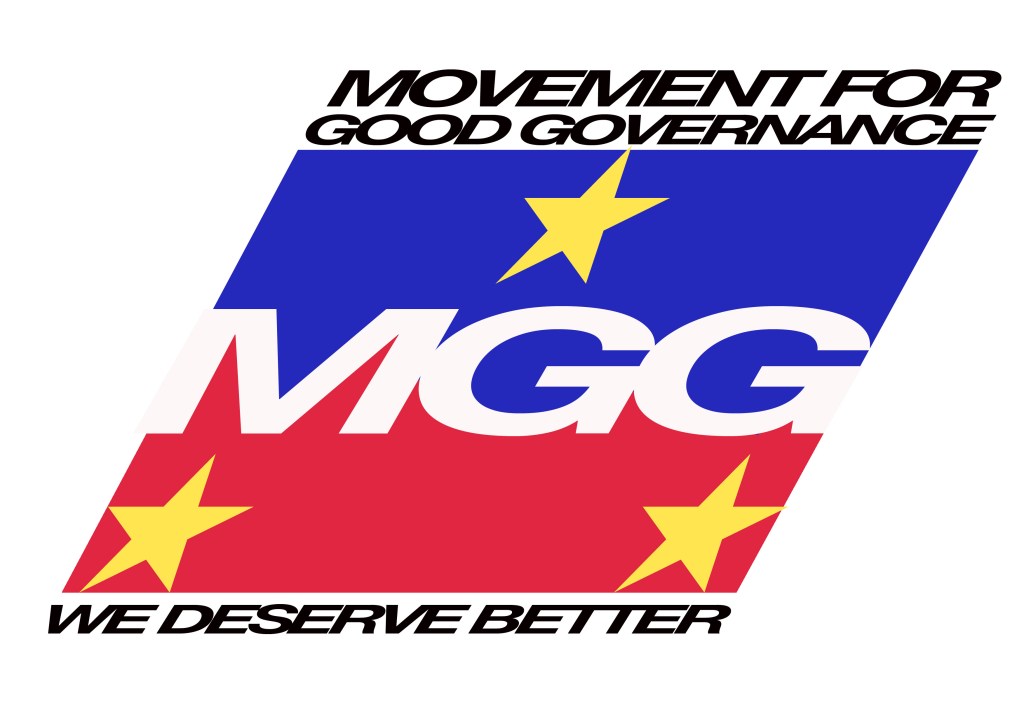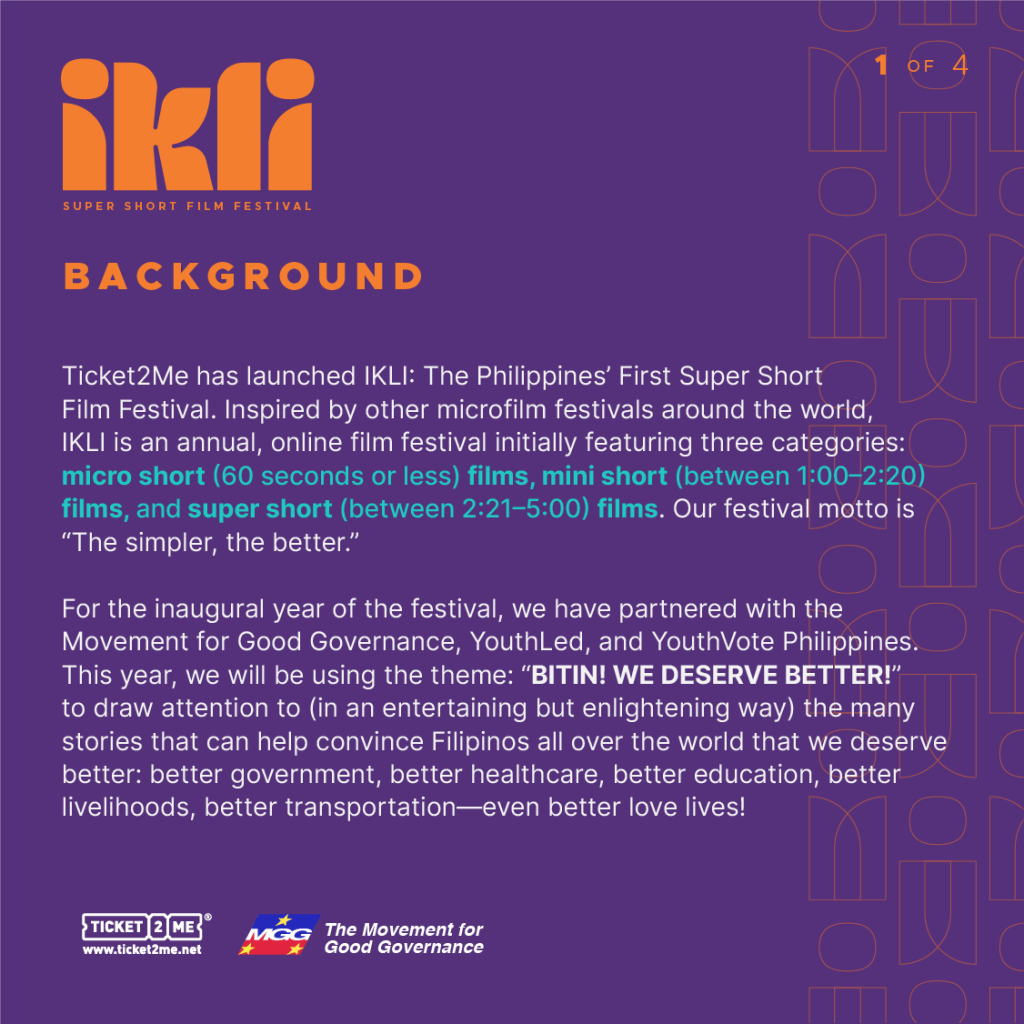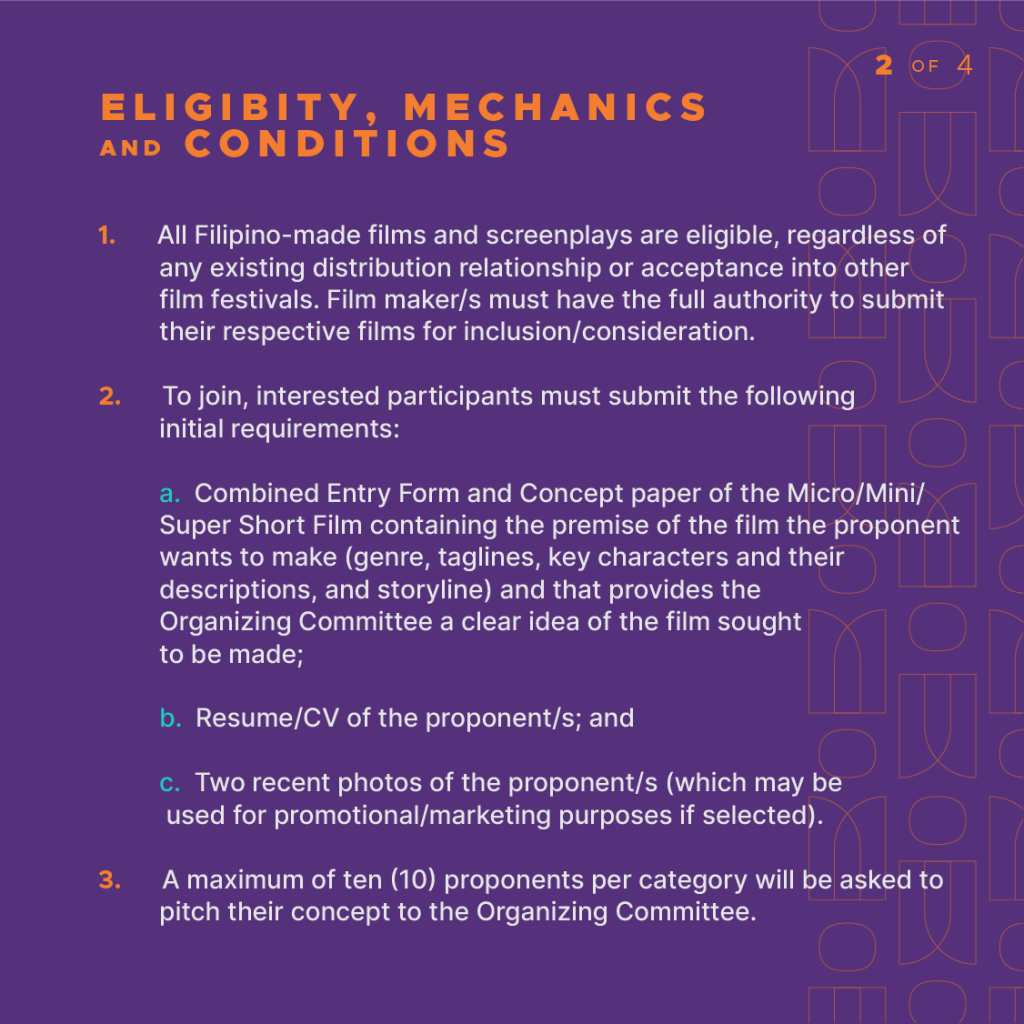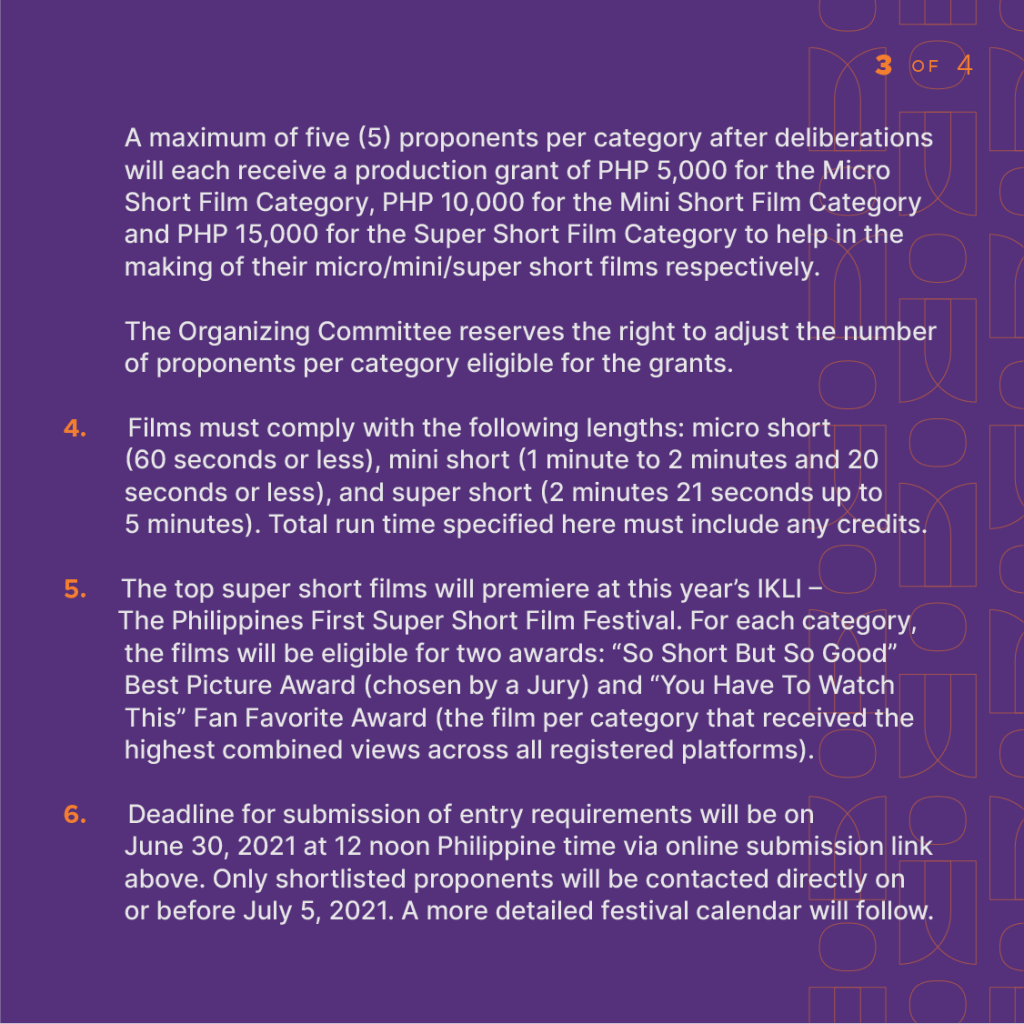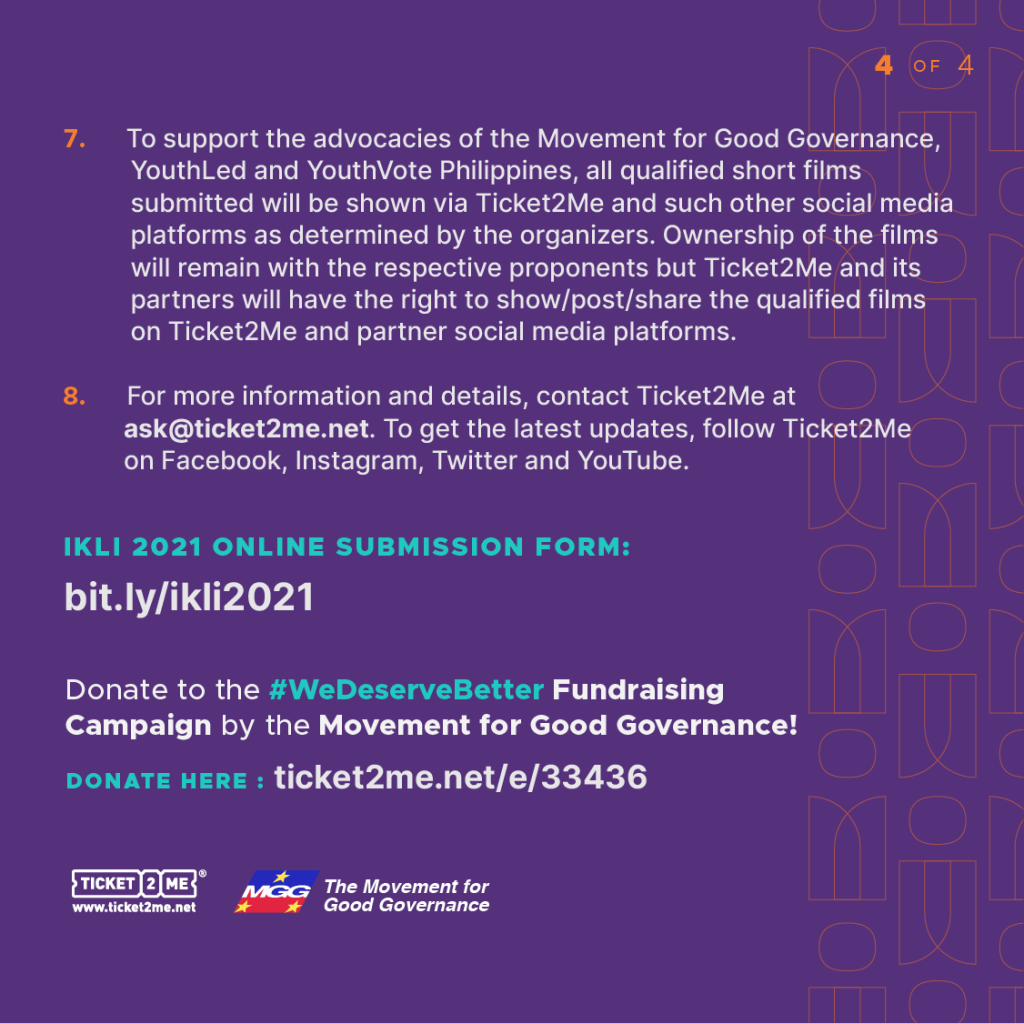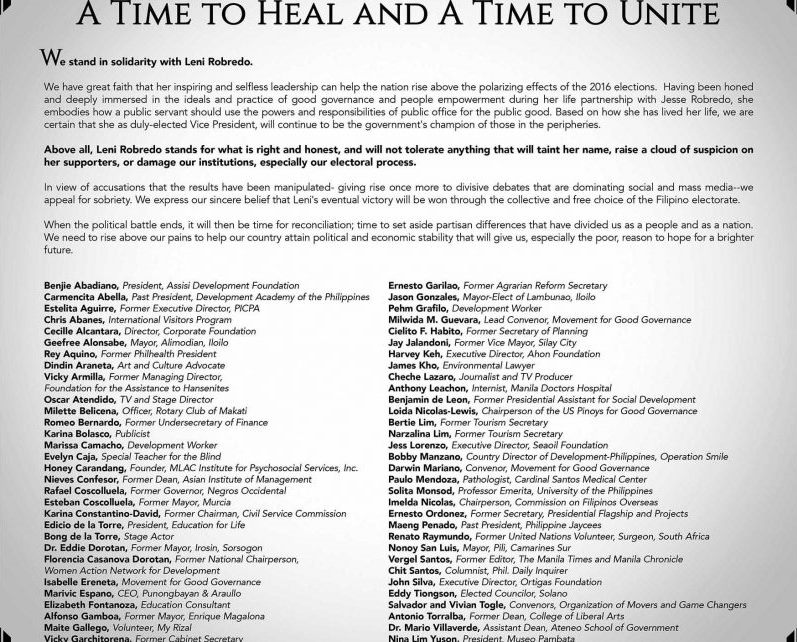A group of citizens including public servants, civil society leaders, and educators have issued the following statement:
A TIME TO HEAL AND A TIME TO UNITE
We stand in solidarity with Leni Robredo.
We have great faith that her inspiring and selfless leadership can help the nation rise above the polarizing effect of the 2016 elections. Having been honed and deeply immersed in the ideals and practice of good governance and people empowerment during her life partnership with Jesse Robredo, she embodies how a public servant should use the powers and responsibilities of public office for the public good. Based on how she has lived her life, we are certain that she as duly-elected Vice President, will continue to be the government’s champion of those in the peripheries.
Above all, Leni Robredo Sands for what is right and honest, and will not tolerate anything that will taint her name, raise a cloud of suspicion on her supporters, or damage our institutions, especially our electoral process.
In view of the accusations that the results have been manipulated — giving rise once more to divisive debates that are dominating social and mass media — we appeal for sobriety. We express our sincere belief that Leni’s eventual victory will be won through the collective and free choice of the Filipino electorate.
When the political battle ends, it will then be time for reconciliation; time to set aside partisan differences that have divided us as a people and as a nation. We need to rise above our pains to help our country attain political and economic stability that will give us, especially the poor, reason to hope for a brighter future.
Benjie Abadiano, President, Assisi Development Foundation
Carmencita Abella, Past President, Development Academy of the Philippines
Estelita Aguirre, Former Executive Director, PICPA
Chris Abanes, International Visitors Program
Cecille Alcantara, Director, Corporate Foundation
Geefree Alonsabe, Mayor, Alimodian, Iloilo
Rey Aquino, Former PhilHealth President
Dindin Araneta, Arts and Culture Advocate
Vicky Armilla, Former Managing Director, Foundation for the Assistance to Hansenites
Oscar Atendido, TV and Stage Director
Milette Belicena, Officer, Rotary Club of Makati
Romeo Bernardo, Former Undersecretary of Finance
Karina Bolasco, Publicist
Marissa Camacho, Development Worker
Evelyn Caja, Special Teacher for the Blind
Honey Carandang, Founder, MLAC Institute for Psychological Services, Inc.
Nieves Confesor, Former Dean, Asian Institute of Management
Rafael Coscolluela, Former Governor, Negros Occidental
Esteban Coscolluela, Former Mayor, Murcia, Negros Occidental
Karina Constantino-David, Former Chairman, Civil Service Commission
Edicio de la Torre, President, Education for Life
Bong de la Torre, Stage Actor
Dr. Eddie Dorotan, Former Mayor, Irosin, Sorsogo
Florecia Casanova Dorotan, Former National Chairperson, Women Action Network for Development
Isabelle Ereñeta, Movement for Good Governance
Marivic Espano, CEO, Punongbayan and Araullo
Elizabeth fontanoza, Education Consultant
Alfonso Gamboa, Former Mayor, Enrique Magalona, Negros Occidental
Maite Gallego, Volunteer, My Rizal
Vicky Garchitorena, Former Cabinet Secretary
Ernesto Garilao, Former Agrarian Reform Secretary
Jason Gonzales, Mayor-Elect, Lambuano, Iloilo
Pehm Grafilo, Development Worker
Milwida M. Guevara, Lead Convenor, Movement for Good Governance
Cielito F. Habito, Former Secretary of Planning
Jay Jalandoni, Former Vice Mayor, Silay City, Negros Occidental
Harvey Keh, Executive Director, Ahon Foundation
James Kho, Environmental Lawyer
Cheche Lazaro, Journalist and TV Producer
Anthony Leachon, Internist, Manila Doctors Hospital
Benjamin de Leon, Former Presidential Assistant for Social Development
Loida Nicholas-Lewis, Chairperson of the US Pinoys for Good Governance
Bertie Lim, Former Tourism Secretary
Jess Lorenzo, Executive Director, Seaoil Foundation
Bobby Manzano, Country Director of Development – Philippines, Operation Smile
Darwin Mariano, Convenor, Movement for Good Governance
Paulo Mendoza, Pathologist, Cardinal Santos Medical Center
Solita Monsod, Professor Emerita, University of the Philippines
Imelda Nicolas, Chairperson, Commission on Filipinos Overseas
Ernesto Ordoñez, Former Secretary, Presidential Flagship and Projects
Maeng Penado, Past President, Philippine Jaycees
Renato Raymundo, Former United Nations Volunteer, Surgeon, South Africa
Nonoy San Luis, Mayor, Pili, Camarines Sur
Vergel Santos, Former Editor, The Manila Times and Manila Chronicle
Chit Santos, Columnist, Philippine Daily Inquirer
John Silva, Executive Director, Ortigas Foundation
Eddy Tiongson, Elected Councilor, Sonao
Salvador and Vivian Togle, Convenors, Organization of Movers and Game Changers
Antonio Torralba, Former Dean, College of Liberal Arts
Dr. Mario Villaverde, Assistant Dean, Ateneo School of Government
Nina Lim Yuson, President, Museo Pambata
